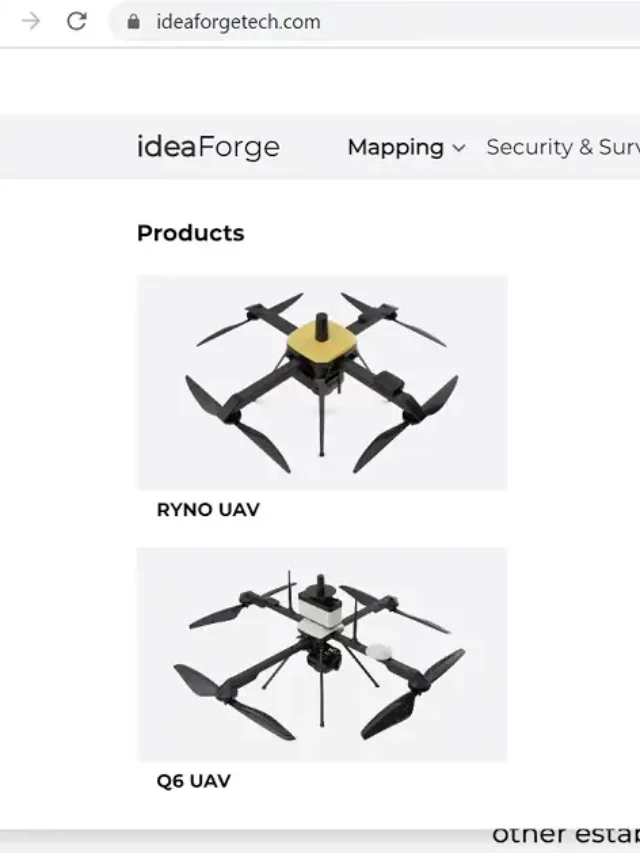
WIPRO, one of India’s leading information technology services companies, has recently announced the record date for its upcoming buyback program. This buyback initiative aims to repurchase a portion of the company’s outstanding shares, providing an opportunity for existing shareholders to sell their shares back to the company at a predetermined price. In this article, we will delve into the key details of WIPRO’s buyback, understand the significance of the record date, and explore the implications and benefits for shareholders.
1. Introduction
As companies grow and generate profits, they often find themselves with surplus cash on their balance sheets. In such cases, they may decide to return some of this excess cash to their shareholders through a buyback program. A buyback, also known as a share repurchase, involves a company repurchasing its own outstanding shares from the market, thereby reducing the total number of shares in circulation.
2. Understanding WIPRO’s Buyback Announcement
2.1 Definition of a buyback
A buyback is a financial strategy employed by companies to invest in their own shares. By doing so, companies reduce the number of shares available to the public, which, in turn, increases the proportionate ownership of the remaining shareholders. This often leads to a rise in the company’s stock price.
2.2 Importance of the record date
In the context of a buyback, the record date plays a crucial role. The record date is the date set by the company to determine the eligibility of shareholders for participating in the buyback program. Shareholders who own shares of the company on or before the record date are eligible to participate in the buyback and sell their shares back to the company.
3. Key Details of WIPRO’s Buyback
3.1 Record date and eligibility
WIPRO has set the record date for its buyback program as Friday, June 16. Shareholders who own WIPRO shares on or before this date will be eligible to participate in the buyback and tender their shares for repurchase.
3.2 Buyback price and closing price
The buyback price set by WIPRO for this program is ₹445 per share. It is important to note that the buyback price is typically higher than the prevailing market price at the time of the announcement to incentivize shareholders to participate. The closing price of WIPRO shares on the day of the announcement stands at ₹405.
3.3 Buyback size in rupees and shares
WIPRO’s buyback program is substantial in scale. The total buyback size is ₹12,000 crore, indicating the amount of capital the company has allocated for repurchasing its shares. In terms of shares, this translates to 26,96,62,921 shares that WIPRO intends to repurchase from the market.
4. Retail Reservation in WIPRO’s Buyback
WIPRO’s buyback program also includes a provision for retail shareholders. Retail reservation refers to a certain percentage of the buyback size reserved exclusively for small retail shareholders. This reservation ensures that retail investors have a fair chance to participate in the buyback, even if they hold a relatively small number of shares.
5. Implications and Benefits of WIPRO’s Buyback
WIPRO’s buyback announcement carries several implications and benefits for the company and its shareholders.
5.1 Positive impact on shareholders
The buyback program presents a positive opportunity for shareholders who wish to liquidate their investments in WIPRO. By selling their shares back to the company at the buyback price, shareholders can realize a profit if their purchase price is lower than the buyback price.
5.2 Enhancing shareholder value
A buyback program signals the company’s confidence in its own stock and prospects. By reducing the number of outstanding shares, the ownership stake of existing shareholders increases, which can positively impact the stock price and, consequently, the overall shareholder value.
5.3 Potential increase in earnings per share
As a result of the buyback, the total number of outstanding shares decreases. If the company’s earnings remain stable or grow, this reduction in shares can lead to an increase in earnings per share. This metric is closely watched by investors and can contribute to a positive perception of the company’s financial health.
6. Conclusion
WIPRO’s buyback announcement with a record date of June 16, a buyback price of ₹445 per share, and a buyback size of ₹12,000 crore reflects the company’s commitment to its shareholders. The buyback presents an opportunity for existing shareholders to participate in the program and potentially realize a profit. Additionally, the buyback aims to enhance shareholder value and increase earnings per share. Overall, WIPRO’s buyback holds several implications and benefits for the company and its shareholders.
FAQs
How does the record date affect eligibility for the buyback?
The record date is the date set by the company to determine the eligibility of shareholders for participating in the buyback. Shareholders who own shares on or before the record date are eligible to participate.
What is the buyback price?
The buyback price is the price at which the company is willing to repurchase its shares from shareholders during the buyback program.
How does the buyback size affect shareholders?
The buyback size indicates the amount of capital allocated for repurchasing shares. A larger buyback size often suggests a stronger commitment from the company to return value to its shareholders.
Why is retail reservation important in a buyback?
Retail reservation ensures that small retail shareholders have a fair chance to participate in the buyback, even if they hold a relatively small number of shares. It allows retail investors to benefit from the buyback program alongside larger institutional investors











